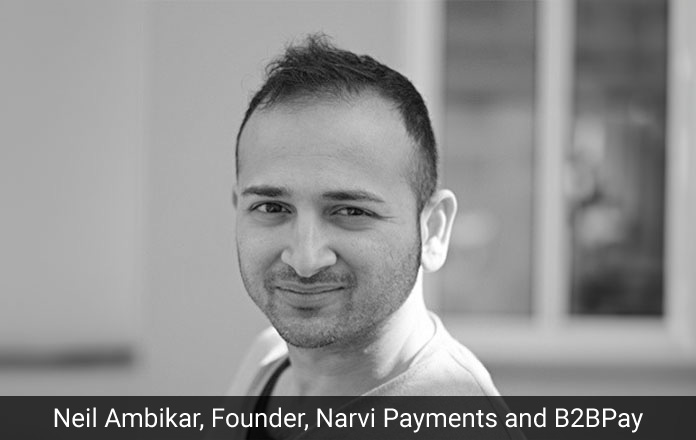I have been in the fintech space for 7 years and, I can tell you, it has been a long journey. Fintech is one of the most funded areas in the startup sphere and many fintechs have raised tens of millions of dollars. However, sadly most of these companies will not succeed as fintech is notoriously hard to make work.
Here are two key reasons fintechs fail and why it is a bad idea for them to raise VC funds:
- People think fintech is more profitable than it is.
Those who lack experience within fintech (both entrepreneurs and VCs) think it is a very profitable and straightforward industry. Hence, you see many huge projections and large amounts of money going into fintech. Yet, this is not the reality. Fintech is a very competitive field that is heavily regulated. Furthermore, the additional costs of compliance and support erode a lot of the anticipated profits. Your compliance department will be the biggest cost center of your business.
- Regulation takes a long time.
80% of your great ideas won’t work due to regulation and banking bureaucracy and it will take you years to learn the ins and outs of how things tick. By the time you have figured it all out you will have burnt through your entire runway and your co-founders and your team will have left you.
For Narvi, self-funding was the right way to go.
Self-funding allows you to move forward slowly and not over-hire and get stressed when things are not going your way. In fintech, you simply cannot move quickly and you avoid the pressure from VCs .
Test your ideas in a simple and cost-effective manner by buying time to learn and enter the market.
Use white-label solutions.
The market is full of fintech and payment providers offering white-label solutions. They have done all the hard work of getting regulated, building the technology, and creating banking partnerships and are looking for you to insert your input and sell their solution.
These white-labels can be broken down into a few categories:
- Affiliate model type: They have fully functional products and are looking for partners to promote their solution. This can be done as a referral or by integrating their solution into your platform.
- White-label cards: If your idea is related to cards, there are plenty of solutions on the market that offer a fully white-label mobile wallet app and the ability to issue cards for your clients. They normally also come with API so you can build the product as per your user expectations.
- White-label banking: If you plan to build a better bank account, these solutions will provide you with bank accounts per user, an onboarding process, the ability to process transactions, and also potentially use international payments and different currencies.
- Embedded finance: Buy now, pay later is a big trend and there are a few solutions that allow you to offer credit to clients relating to various product lines via API.
- Payment gateways or payments orchestration: If you want to help clients collect funds from their e-shops or clients, there are plenty of payment gateway solutions out there to integrate into your platform and process payments (think Stripe, Adyen, PayPal).
White-labels will allow you to test your market and build revenues and traction without needing to go down the VC route. Once you have your results, you can choose to either keep doing what you are doing or take the next steps in getting regulated and building everything yourself.
With the white-label route, you can save years by going to market fast and saving millions of funds in regulatory and IT costs.
White-labeling is a common route for many successful businesses. Nike, for the first 7 years of its existence, sold Japanese Onitsuka Tiger shoes before launching their own brand and manufacturing the products themselves.
When is the right time to raise funds?
You have to accept the fact that banking and payments is a slow industry and raising funds too early will destroy your startup.
The only right time to raise funds for a fintech is when you have the following factors in place:
- The regulation you require to run your business
- The banking and payments partnerships you need to process payments
- The MVP product in place so that users can use it (which you should have market-tested via the white-label solutions)
Once you have all three, you are at the stage to scale. This is the only time when you need VC money. It is better to be too late than too early; if you are too early you will fail.
About Neil
Neil Ambikar is the founder of Narvi Payments [link narvi.com] and B2BPay [link b2bpay.co], two fintechs out of Europe.
originally “burn through your runway”
runway is a very VC and startup term.
I changed it cause it was written twice very closely together, is there another phrasing?
originally “pay now”




